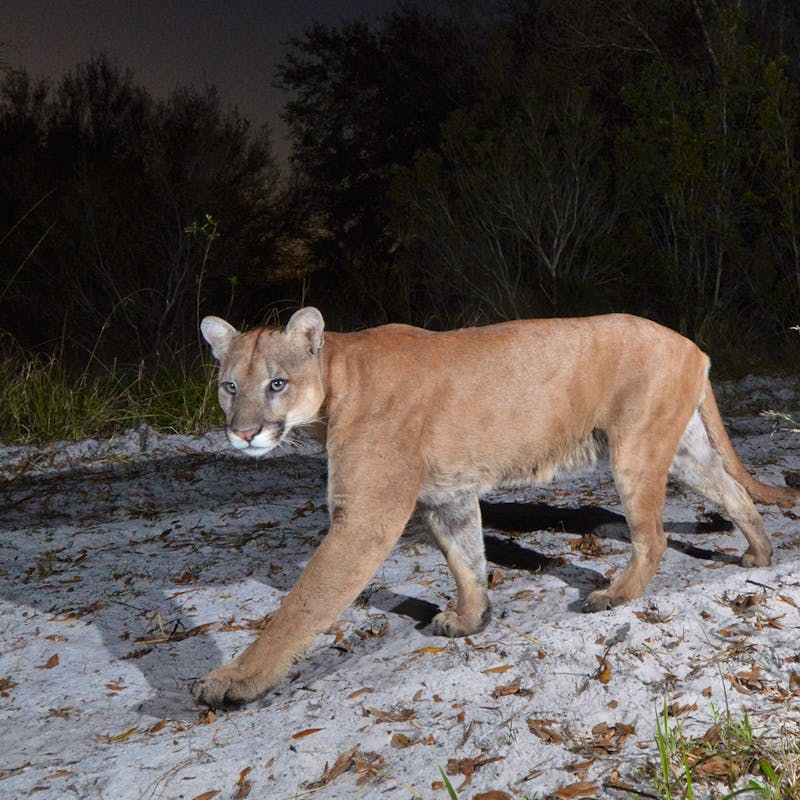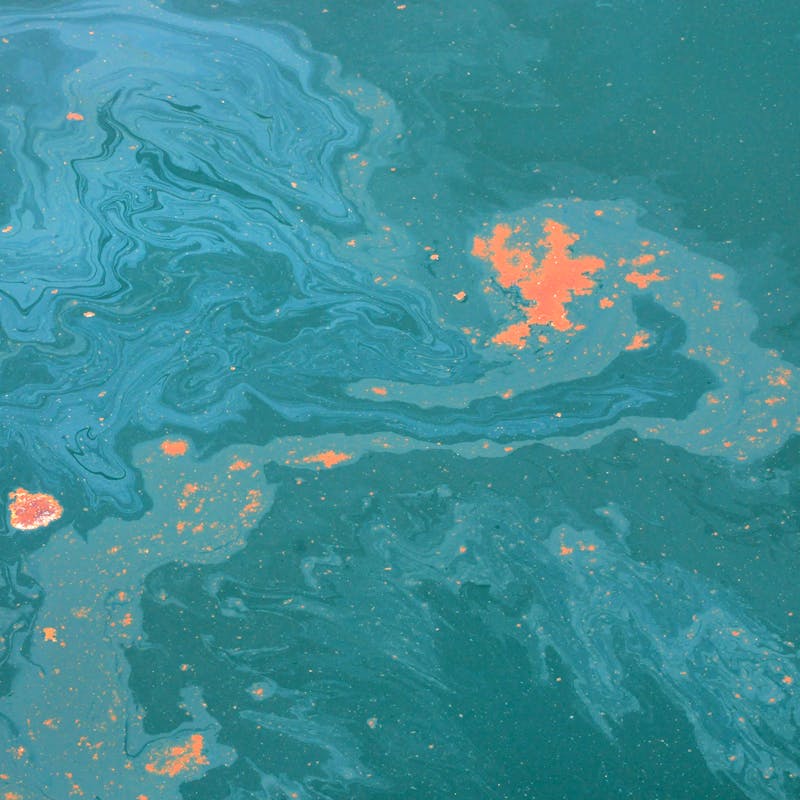Richard Charter, senior policy advisor for Marine Programs at  Defenders of Wildlife, has worked on offshore oil drilling issues for over 30 years. Today’s news roundup takes a look at what he’s been saying about the Gulf oil disaster.
Defenders of Wildlife, has worked on offshore oil drilling issues for over 30 years. Today’s news roundup takes a look at what he’s been saying about the Gulf oil disaster.
“We’re dealing with what could become one of the most destructive oil spills in US history,” Richard told the Christian Science Monitor a week after the Deepwater Horizon rig sank. “The Santa Barbara spill [in 1969] led to bipartisan support for a moratorium on offshore drilling that lasted 27 years. This spill could be economically and ecologically much larger than that.”
“This event is a self-feeding fire,” Richard told CNN after the U.S. closed the Gulf to fishing. “It is so big and expanding so fast that it’s pretty much beyond human response that can be effective.” He said the spill will have “a multidecade impact” — a “long-term poisoning” of the area.
“This is one of America’s most fragile and beloved ecological treasures right here along the Gulf Coast. And the seafood that comes from that water and the visitor-serving industries that make their living, these are all going to be impacted,” Richard said in another interview with CNN. “And Americans love their coast, and this is, I think, really hurting a lot of people just to watch this happen. And for the people who live there, this is going to go on for a long time.
To the New York Times, regarding why the industry was not better prepared to react to the Gulf crisis, “The oil industry went off the deep end with a new kind of risk, and they modafinil online didn’t bother to build a response capability before they had a big disaster.”
Worried about the dispersant chemical used by BP to break up the oil, Richard told Marketplace “The oil’s toxic. The dispersant is toxic. And the combination is toxic. The whole thing is turning this particular piece of water into a giant chemistry experiment.”
But despite the fact that using dispersants to treat the oil is “basically a giant experiment,” Richard clarified “I’m not saying we shouldn’t do it; we have no good options.”
Regarding Salazar’s decision to split the Minerals Management Service, Richard told the Washington Post’s Juliet Eilperin that there has always been “an inherent conflict of interest” embedded in the current system, where the same agency inspects oil rigs, probes wrongdoing and enforces safety rules while simultaneously collecting royalties from the companies it oversees.
On the long term consequences of the disaster, “It is so big and expanding so fast that it’s pretty much beyond human response that can be effective. … You’re looking at a long-term poisoning of the area. Ultimately, this will have a multidecade impact.”
How will this influence future offshore drilling decisions? Richard told the Associated Press, “This event is a game changer, and the consequences, I believe, will be long-lasting ecologically and politically — and will be irreversible.”
“You can’t outlaw human error,” on whether new technology can reduce risk associated with offshore drilling. “It’s one of the sidebar issues now emerging for the Horizon incident — these are common incidents and this was just a bigger one.”





Follow Defenders of Wildlife
facebook bluesky twitter instagram youtube tiktok threads linkedin